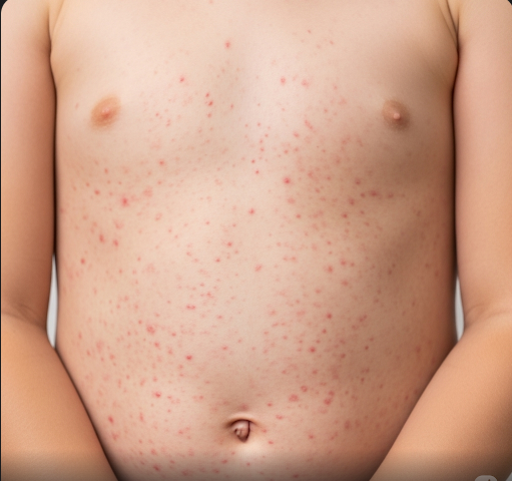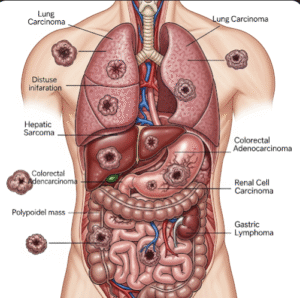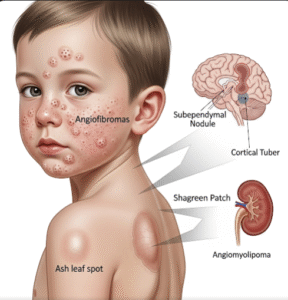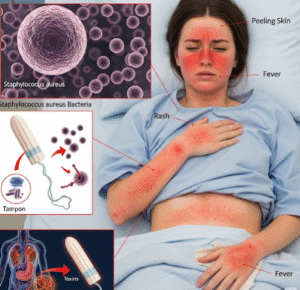Overview
Rubella, also known as German measles, is a contagious viral infection characterized by a mild rash and fever. While generally mild in children and adults, rubella is particularly dangerous during pregnancy as it can cause serious birth defects. In Korea, widespread vaccination and public health efforts have significantly reduced rubella incidence and congenital rubella syndrome.
What is Rubella (German Measles)?
Rubella is caused by the rubella virus, transmitted through respiratory droplets when an infected person coughs or sneezes. It causes a mild illness with a characteristic rash, fever, and swollen lymph nodes. The greatest concern is infection during early pregnancy, which can cause miscarriage or severe fetal abnormalities.
Symptoms
- Mild fever and headache
- Rash that starts on the face and spreads to the body
- Swollen and tender lymph nodes, especially behind the ears and neck
- Runny nose and red eyes
- Joint pain or arthritis, especially in adults
- Mild cold-like symptoms
Causes
- Infection with the rubella virus via airborne respiratory droplets
- Contact with infected individuals
Risk Factors
- Unvaccinated individuals, especially children and young adults
- Pregnant women without immunity to rubella
- Close contact in schools, workplaces, or crowded settings
Complications
- Congenital rubella syndrome (CRS) causing birth defects such as heart defects, cataracts, deafness, and intellectual disabilities when infection occurs during pregnancy
- Miscarriage or stillbirth
- Rarely, encephalitis or thrombocytopenia in affected individuals
Prevention
- Routine childhood vaccination with the MMR (measles, mumps, rubella) vaccine as part of Korea’s national immunization program
- Screening and vaccination of women of childbearing age before pregnancy
- Avoiding contact with infected individuals during outbreaks
Treatment Options in Korea
There is no specific antiviral treatment for rubella; care focuses on symptom relief and prevention:
- Supportive Care: Rest, fluids, and antipyretics to manage fever and discomfort.
- Vaccination Programs: Widespread immunization has greatly reduced rubella cases and congenital rubella syndrome.
- Prenatal Screening: Testing and counseling for pregnant women to prevent fetal infection.
- Public Health Surveillance: Monitoring and rapid response to outbreaks.













